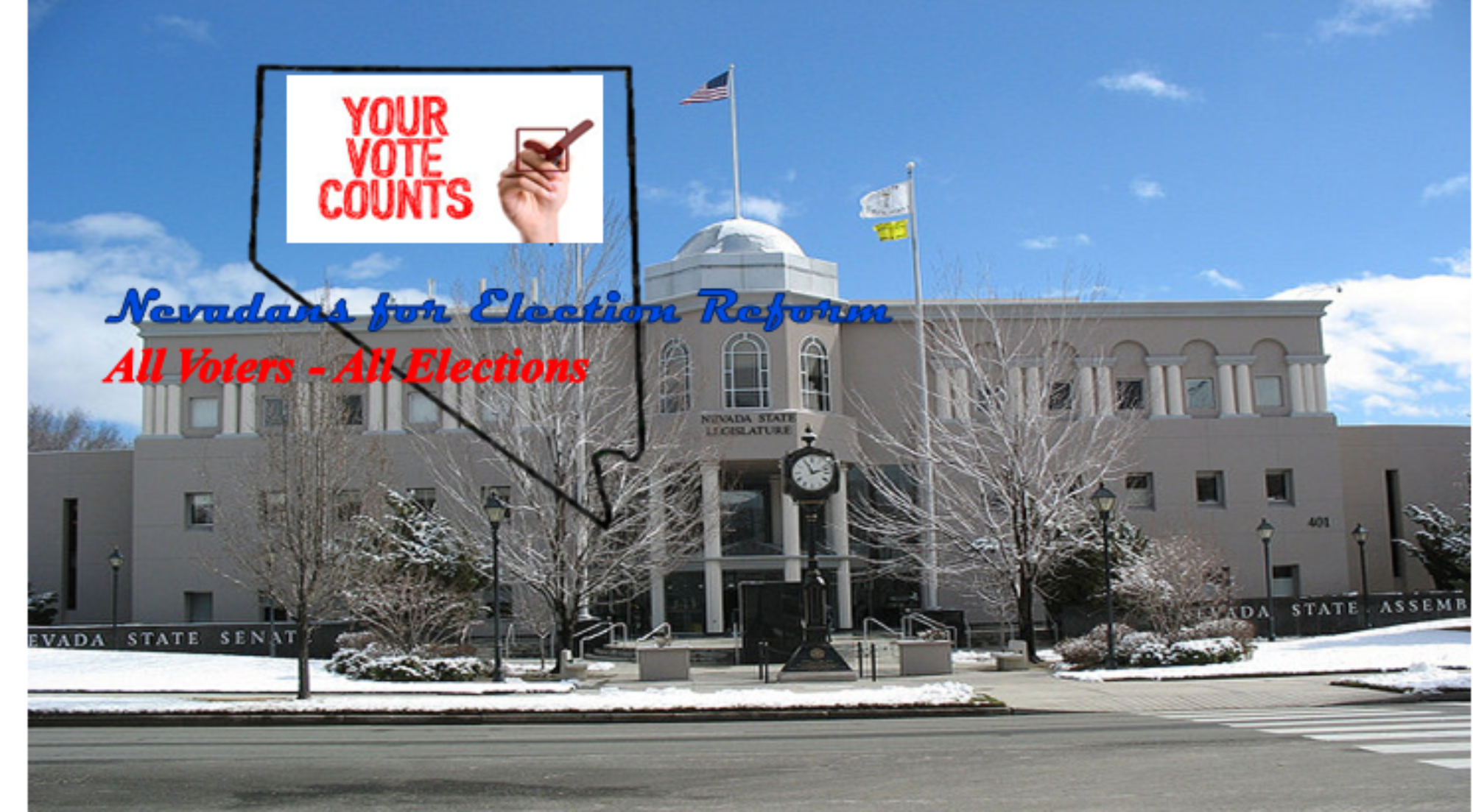According to a study released June, 2014 by Stanford University, Fear and Loathing Across Party Lines: New Evidence on Group Polarization by Shanto Iyengar (Chandler Chair of Communication and Professor of Political Science, Stanford University) and Sean J. Westwood (Post-Doctoral Researcher, Princeton University) partisanship is now more divisive in our society than race. This study is the third such report released in June; the others being from the Bipartisan Policy Center and Pew Research, detailing how the current high level of political partisanship impacts many other aspects of our daily lives and social interaction.
As part of the Stanford study, 1,000 people were asked to view the resumes of high school seniors competing for scholarships. Many of the resumes contained information that indicated race or political affiliation. While both African-American and white reviewers showed a preference for African-American students; African-American reviewers 73 percent to 27 percent, both Republican and Democratic reviewers favored applicants who shared their party identify by 80 percent. Stronger academic credentials were often ignored.
In another part of the study, 800 people participated in a “trust” game. They were told they could give a sum of money, either all, some, or none, to another player. The results suggested that race was not a factor in the decision while significantly more money was given if the other player shared the political identity of the giver.
The Stanford study also tries to answer the question; “why is this happening?” Dr. Iyengar believes that attitudes and responses to differences such as race and gender are controlled by social expectations of tolerance and civility while no such expectations exist for political differences. He goes on to state that words and actions of political leaders gives the exact opposite impression, that voicing hostility and acting in a discriminatory manner towards a political opponent is not only fine but in fact is the proper response.
I do not believe this is how our system of government, or society in general, is supposed to function. We, both citizens and lawmakers, need to do everything possible to reverse this trend. The Nevada Election Modernization and Reform Act (NEMRA) is one tool.
